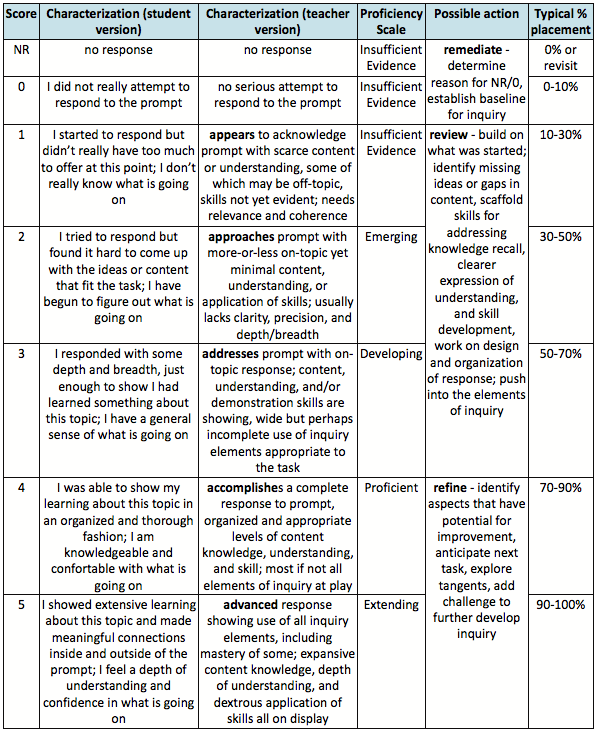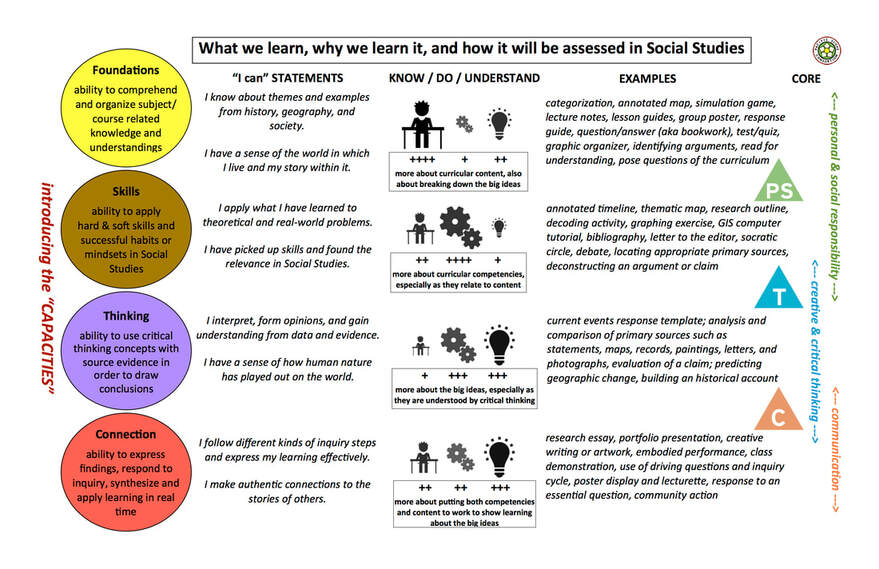BC Social Studies 10
This course is a journey through many topics and themes that have shaped Canada over the last 110 years -- it will be a bit like the old canoe trips of the fur trade. Some parts of the story are easily told and require little paddling, while others will make you work hard for your dried peas and salt pork. Your teacher will definitely help lift the canoe over the big portages, but we are all in this together.
The big idea (or myth?) of Canadian Identity will accompany the entire course, as well as some persistent question: Why Bother Voting? What does it mean to be Canadian? What do we need to know and do in order for Canada to be a great place to live in 50 years?
The lessons, activities, and assessments of this course are designed to give students opportunities to meet learning outcomes and demonstrate understanding. Skills such as decoding sources, map literacy, critical thinking, effective research, working with data sets, interpreting current events, communication, and active citizenship will relate to many of the learning outcomes. The six historical thinking concepts will underpin much of the work we do -- Establishing Significance, Working with Evidence, Comparing Continuity and Change, Considering Cause and Consequence, Perspective Taking, and Making Ethical Judgements. There are also "softer" skills like imagination and empathy that will be important along the way.
The big idea (or myth?) of Canadian Identity will accompany the entire course, as well as some persistent question: Why Bother Voting? What does it mean to be Canadian? What do we need to know and do in order for Canada to be a great place to live in 50 years?
The lessons, activities, and assessments of this course are designed to give students opportunities to meet learning outcomes and demonstrate understanding. Skills such as decoding sources, map literacy, critical thinking, effective research, working with data sets, interpreting current events, communication, and active citizenship will relate to many of the learning outcomes. The six historical thinking concepts will underpin much of the work we do -- Establishing Significance, Working with Evidence, Comparing Continuity and Change, Considering Cause and Consequence, Perspective Taking, and Making Ethical Judgements. There are also "softer" skills like imagination and empathy that will be important along the way.
Course OutlineUNIT 1 An Autonomous Canada: 1919-1939
Lessons 1A What is Social Studies 1B Canada at the end of WWI 1C Canada and the Roaring 20s 1D Causes of the Great Depression 1E Conditions during the Great Depression 1F Response to the Great Depression Labs U1 Skills - Analyzing sources related to the Spanish Flu U1 Sources - Historical Thinking Chart based on the Great Depression Additional Resources Slideshow Causes of the Great Depression 1920s Confident Years Canadiana Scrapbook 1930s Depression Years Canadiana Scrapbook UNIT 2 Canada at War: 1936-1946
Lessons 2A Rise of Dictators 2B Canada at home during WWII 2C Canada at war during WWII 1940-43 2D Canada at war during WWII 1944-45 2E Aftermath of WWII Other WWII some key terms WWII Assignment (choice) WWII timeline activity Test review & summary of topics and main ideas from the unit UNIT 3 Postwar Canada: 1946-1984
Lessons 3A Canada in the 1950s 3B The Cold War 3C Canada in the 1960s 3D Economic, Environmental, Global Issues 60s & 70s 3E Trudeau Era and Quebec Nationalism Other Slideshow: Postwar Prosperity Slideshow: Early Trudeau Era Slideshow: Big Decisions 1974-1983 U3 Skills - Research/Inquiry methods and techniques U3 Sources - Images and Cartoons from the Postwar Era ECHO PROJECT -- orientation to the major project Test review & summary of main ideas & topics from the unit UNIT 4 Politics and Government
Lessons 4A Influencing Government 4B Political Beliefs and Parties in Canada 4C Operation of Government 4D Indigenous Rights and Self-Government in Canada 4E Election Process in Canada Other U4 Skills Lab - Political Parties Chart Unit Review Questions UNIT 5 Modern Canada: 1984-present
Lessons 5A Society & Culture in the 80s and 90s 5B Contemporary Indigenous Issues 5C New Challenges to Federalism 5D Canada on the World Stage 5E Environmental Issues: Sustainability 5F Environmental Issues: Water 5G Environmental Issues: Climate Change Other Project of Heart - Resources on Residential Schools Project of Heart - Teacher Guides/Lesson Plans Slideshow: Modern Canada Test review document |
Class ExpectationsRather than a set of rules, consider the following values:
AssessmentAssessment happens all the time -- when our questions are answered, when we think about whether we understand something, when you get feedback on something you have said or done, and when you get evaluated on things you've turned in.
The "summative" parts -- the assessments your teacher uses to prepare reports and assign marks -- are generated from the work you submit (e.g. smaller assignments like maps), the projects you complete (e.g. the Echo Project), and the tests you write (e.g. Unit Tests with critical thinking questions and access to your notes). You must actually do the work to get the marks, just as you have to actually be here if you want the benefit of the lessons. Your teacher will accept late work up to a point -- normally up to the end of the next unit or 3 weeks, whichever comes first. After that it is past due and you must make a new or different attempt to demonstrate your understanding of missed learning outcomes. Your teacher believes this reflects the principles listed above, especially mutual respect and self-reliance. You've probably had teachers with very strict expectations and deadlines, and some that will accommodate every kind of way of doing the classwork, sometime by having no deadlines. Both of these approaches have strengths and weaknesses, and being right in the middle isn't perfect either. I see my approach as realistic -- reasonable expectations and reasonable deadlines. My message is simple: get it done, get it in, and you'll be happier for it! It is very important that you reflect on how things are going for you as often as you can, and come talk to your teacher when you need help. Usually, there is some time set aside in each class for this purpose -- ask a question, share what you are working on, get a concept explained, or challenge an idea. Your teacher and often your classmates are here for that purpose -- to help your learn. We're not as direct or fast as a google search, but we know how to laugh, ponder, and provoke. In addition to non-graded feedback on your work, I mark assessments using a five-point scoring guide. |
This year, your teacher will be trying out this relatively new assessment method. Based on the work they do, students will achieve placements in four categories: Foundations, Skills, Thinking, and Connections. These "capacities" allow us to explore content, develop competencies, and understand big ideas that are relevant to our course.


